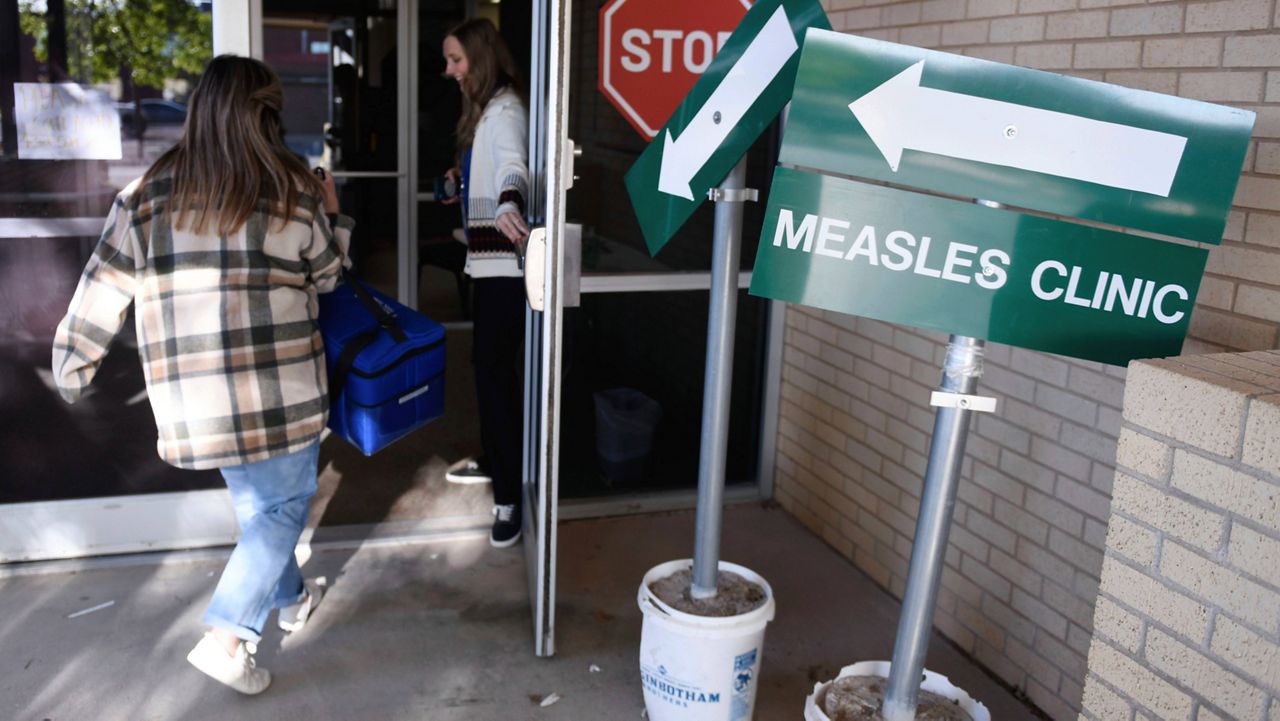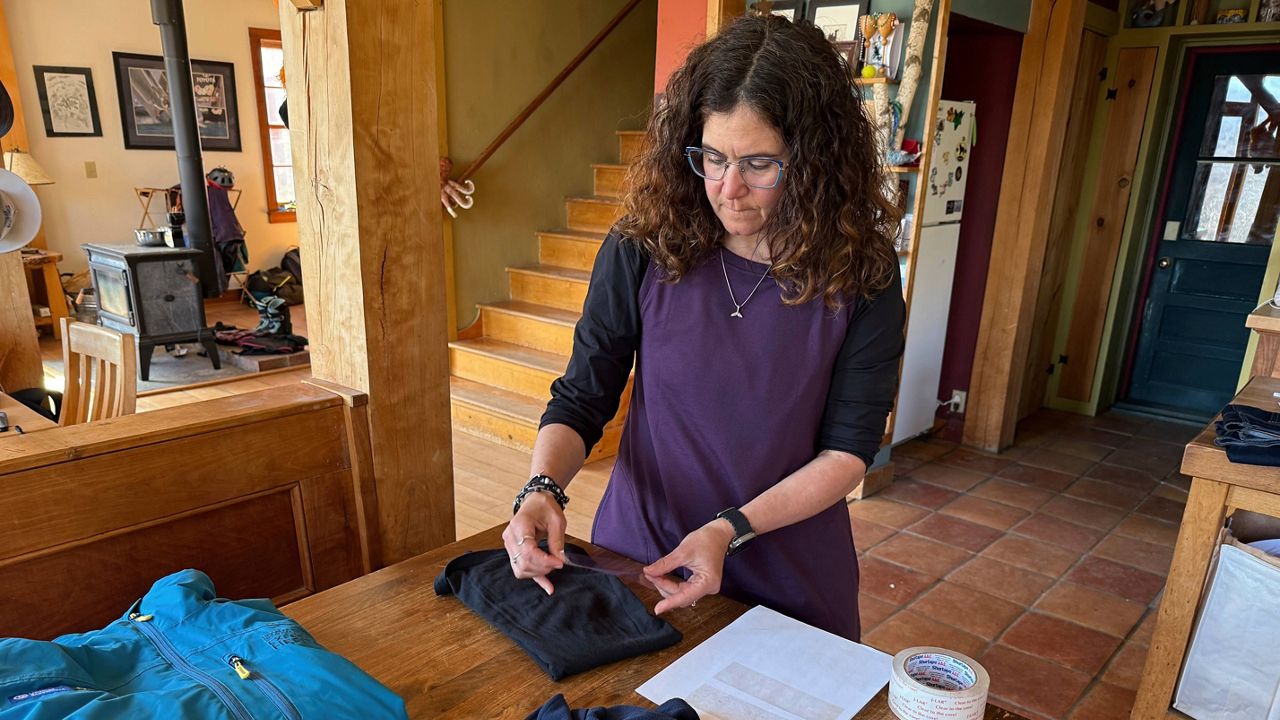SACRAMENTO, Calif. — Labor unions earned major victories on the last day of the legislative session, the final day for bills to be passed out of the legislature and be sent to Gov. Gavin Newsom’s desk.
Assembly Bill 1228, by Assembly member Chris Holden, which raises the minimum wage to $20 an hour for 500,000 fast food employees across the state, passed out of the Assembly late Thursday night.
The bill is a compromise between labor unions and the restaurant industry. The deal comes after Assembly Bill 257 passed last year, which would establish a fast food council to oversee both wages and working conditions in fast-food establishments.
Restaurant groups strongly opposed AB 257 and were able to stall the bill’s implementation by gathering enough signatures to challenge the bill through a voter referendum on the 2024 ballot to have it repealed.
As part of the deal struck between the union and restaurants, the fast food companies agreed to withdraw their referendum as long as the portion of the bill that would hold companies like McDonald’s liable for workplace violations committed at one of their franchises.
Romualda Alcazar, a fast food worker from Oakland, was one of the dozens of fast food employees who gathered outside the capital early in the day on Thursday to rally for Assembly Bill 1228.
She explains she currently works three jobs and is struggling to make ends meet.
The mother of two, who works at Wendy’s, says raising her wage to $20 an hour would provide a lot of relief for her and her family.
Though she’s happy with the outcome of the bill, Alcazar adds the fight for better pay and working conditions is far from over.
AB 1228, was just one of several victories for labor unions on the last day of session. Senator Maria Elena Durazo’s bill, SB 525, to raise health care workers’ minimum wage to $25, passed out of the legislature.
During a time of high-profile strikes happening, the California Legislature passed a bill that would allow striking workers to receive unemployment insurance benefits.
“You consider the economy that we’re living in, you consider [these] last three years, I think workers and employees have really felt like they need more support and more help, and then you think about taking care of your families, I think that resonated,” said Senator Pro tempore Toni Atkins.
Gov. Newsom also had a successful night, with several pieces of legislation that he’s championed on both gun safety and mental health.
Last night, California became the first state to call for a Constitutional Convention to consider Newsom’s proposed Right to Safety amendment.
His proposal would enact: Raise the minimum age to buy a gun from 18 to 21, mandate universal background checks, institute a waiting period for all gun purchases and ban the sale of assault weapons.
“We can and will get this done,” said Assembly member Reggie Jones-Sawyer. “We legislate because what is happening right now and right now we have a serious gun violence problem in America.”
The proposed amendment faced opposition from state Republicans.
“This measure fails to address is that behavior is responsible for so-called gun violence,” said Assembly member Tom Lackey. “… Without recognition of punishment of criminal behavior, it is naïve to believe that common-sense gun control would stop criminals from obtaining and using guns to commit crimes.”
In order for a constitutional convention to be called, 33 other state legislatures would have to pass similar legislation to convene a convention.
Bills to modernize the state’s behavioral health system passed through to the governor. Senate Bill 326 by Senator Susan Eggman and AB 531 by Assembly member Jackie Irwin both look to help those living on the streets with servere mental illness get the help they need.
Irwin’s bill is a bond measure to provide $6.38 billion to the Behavioral Health Continuum Infrastructure program.
“We’ve all seen the unsettling numbers of our constituents living in the streets, in our parks, and under our freeways grow over the past few years,” Irwin said.
The funds will create permanent, supportive housing for those experiencing homelessness, with over $1 billion set aside exclusively to help veterans with behavioral health challenges.
Assembly minority leader James Gallagher opposed the bond measure, citing how many is not the issue when it comes to solving the behavioral health problems in the state.
“The problem’s not money. The problem is how we spend it and the problem is what we’re getting out of the money that is being spent,” Gallagher said.
The Behavioral Health Infrastructure bond would need to be approved by voters on the March 2024 ballot.
“These measures represent a key part of the solution to our homelessness crisis and improving mental health for kids and families. Now, it will be up to voters to ratify the most significant changes to California’s mental health system in more than 50 years,” said Gov. Newsom.
At the end of the floor session, Assembly Speaker Robert Rivas highlighted one area that still needs to be worked on: the fentanyl crisis.
He has plans to expand the fentanyl select committee and hold meetings over the fall and winter to take a more proactive approach to the growing crisis.
“We have to do more,” Rivas said. “We intend to leave no stone unturned, explore all options and certainly take a different approach in this next coming year … because as we all know, we have to act with urgency.”
Fentanyl and homeowner’s insurance will be two of the top issues addressed in the next legislative year, which will begin on Jan. 3, 2024.
Let Inside the Issues know your thoughts and watch Monday through Friday at 8 and 11 p.m. on Spectrum News 1.











